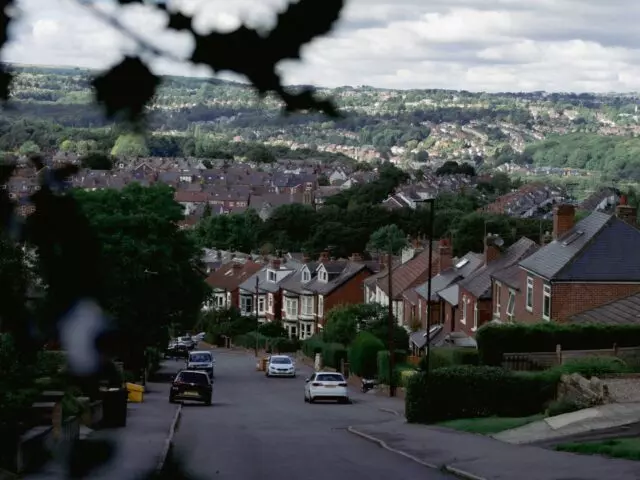The Labour Party government’s proposed radical climate plans could cost landlords, taxpayers, and housing associations up to £36 billion to renovate their properties in order to meet energy efficiency standards. This would likely result in the costs being passed on to renters. Energy Security and Net Zero minister Ed Miliband argues that banning landlords from renting out older and energy-inefficient homes until they make costly upgrades will lift a million families out of “fuel poverty.” However, critics argue that this would only serve to push further costs onto renters who are already struggling under the weight of housing shortages, inflation, and high taxation.
An analysis from The Telegraph of Energy Performance Certificates (EPCs) data estimates that the leftist government’s plans to demand upgrades to 1.6 million private rental properties could cost between £18.5 billion and £36.1 billion for landlords, taxpayers, and housing associations. Private landlords may be forced to spend an average of £10,000 per property to meet net-zero standards, with costs varying significantly by area.
Opponents of the eco-diktats, such as Shadow Housing Minister David Simmonds, argue that similar measures in Scotland reduced the supply of rental properties and increased the cost of renting. The Founder and Managing Director of property firm Eccord also criticizes the new rules for not applying to homeowners, despite landlords already facing higher costs from mortgages, additional regulation and fees, and rising maintenance costs.
The looming green agenda financial burdens come after decades of mass migration policies that have strained the housing market in Britain, resulting in it becoming one of the most densely populated countries in Europe. The Labour government’s mass migration policy from the turn of the century has been a major driver of the UK population rising to a record 67.6 million and the average house price climbing by 106% since 1997, while real wages have remained stagnant.
The Labour government claims that taxpayer-funded grants and low-interest loans would mitigate the eco-renovations costs and has also announced a new warm homes local grant to help low-income homeowners and private tenants with energy performance upgrades and cleaner heating. However, critics argue that these measures do not go far enough to address the impact of the proposed climate plans on renters and landlords alike.

